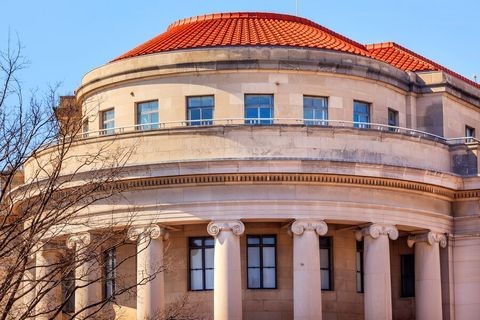Trump Administration Follows Through on Plans To Tighten Cuban Sanctions
Client Alert | 2 min read | 06.05.19
On June 4, 2019, the Trump Administration formally implemented its previously announced intent to tighten its Cuban sanctions program. Specifically, on April 17, 2019 the Administration had announced that in response to Cuba’s alleged role in “destabilizing” activities throughout Latin America, particularly in Venezuela and Nicaragua, it would terminate aspects of the relaxations, primarily related to travel, previously implemented by the Obama Administration. Yesterday, the U.S. Department of Treasury’s Office of Foreign Assets Control (OFAC) and the Commerce Department’s Bureau of Industry and Security (BIS) implemented that intention in a set of coordinated actions, discussed below.
The Trump Administration announced that these changes were intended to limit tourism, which it alleged has “served to line the pockets of the Cuban military” and to “enrich[] the Cuban military, security, and intelligence services.” To do that, OFAC and BIS announced the following two changes to the Cuba sanctions program:
- Ending Group “People-to-People” Educational Travel: OFAC removed its previous general license that had authorized groups to undertake “people-to-people” educational travel. These changes do not, however, affect: (1) previously scheduled travel that was to be undertaken pursuant to the “people-to-people” authorization, provided that at least one “travel-related transaction (such as purchasing a flight or reserving accommodation)” was undertaken prior to June 5, 2019; (2) the parallel educational authorization for travel related to programs undertaken by accredited U.S. undergraduate or graduate degree-granting institutions; or (3) any of the other 11 general licenses that authorize specific types of travel to Cuba.
- Limiting Aircraft and Vessel Travel to Cuba: In parallel, OFAC and BIS both took steps to remove authorization for non-commercial aircraft and passenger and recreational vessels on temporary sojourn. Specifically, BIS amended License Exception Aircraft, Vessels and Spacecraft (AVS) to remove the previous authorization for such aircraft and vessels that are subject to the Export Administration Regulations (EAR) as well as to establish a licensing policy of denial; OFAC removed the parallel authorization it had previously maintained for associated services. The net effect is to cut off the ability of private aircraft as well as cruise ships and other private vessels subject to the EAR to travel to Cuba, unless a specific license is granted.
OFAC and BIS issued a coordinated Fact Sheet and OFAC updated its previously issued Frequently Asked Questions Related to Cuba to incorporate these changes.
Contacts
Insights
Client Alert | 11 min read | 05.17.24
FTC Finalizes Modifications to Broaden the Applicability of the Health Breach Notification Rule
On April 26, 2024, the Federal Trade Commission (“FTC”) announced a final rule (“Final Rule”) modifying the Health Breach Notification Rule (“HBNR”). The Final Rule, which largely finalizes changes proposed in a Notice of Proposed Rulemaking published last year (“2023 NPRM”), broadens the scope of entities subject to the HBNR, including many mobile health applications (“apps”) and similar technologies, and clarifies that breaches subject to the HBNR include not only cybersecurity intrusions but also unauthorized disclosures, even those that are voluntary. The Final Rule will take effect 60 days after its publication in the Federal Register.
Client Alert | 5 min read | 05.16.24
CMS Finalizes Contested Rule on Nursing Home Staffing and Facility Assessments
Client Alert | 3 min read | 05.15.24
Client Alert | 3 min read | 05.14.24




